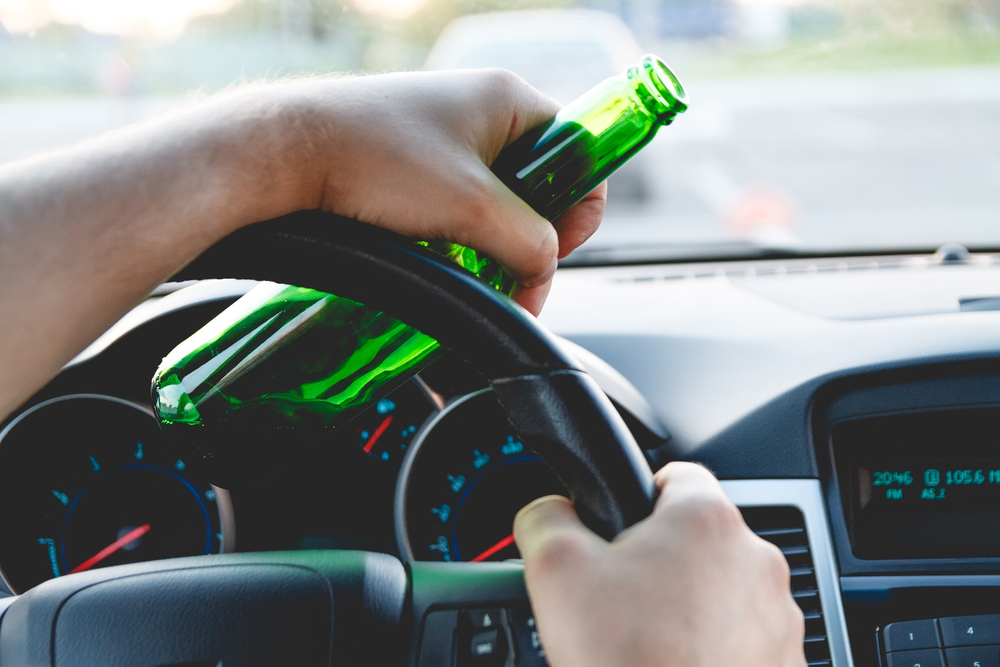
Driving Under the Influence (DUI) charges are serious legal matters that can have significant consequences on one’s life. Unfortunately, misinformation and misconceptions often surround DUI cases, leading to widespread misunderstandings.
Whether you’re facing a charge and looking for DUI bail bonds or simply seeking to enhance your understanding of the legal landscape, this article aims to debunk some of the common myths associated with DUIs, shedding light on the realities of these charges and the legal implications that follow.
What are some common DUI myths?
By understanding the facts and dispelling common myths about DUIs, individuals can gain a clearer understanding of their cases and make more informed decisions when facing such legal challenges.
1. Myth: Breathalyzer results are always accurate
While breathalyzer tests play a crucial role in determining blood alcohol content (BAC) levels, it’s essential to recognize their potential limitations. Factors such as improper calibration, technical malfunctions, or medical conditions can influence the accuracy of these devices. Individuals should be aware that false positives or inaccuracies are possible, and challenging the results with the assistance of legal professionals may be a viable course of action.
2. Myth: Refusing a breathalyzer guarantees avoiding DUI charges
Some believe that refusing a breathalyzer test will automatically protect them from DUI charges. However, the reality is more nuanced. Refusing a breathalyzer can result in administrative consequences, such as the suspension of driving privileges. Moreover, law enforcement may still pursue DUI charges based on other evidence, such as observations of erratic driving behavior or performance on field sobriety tests. It’s crucial to understand the potential consequences of refusing a breathalyzer and to seek legal guidance when facing such situations.
3. Myth: Only alcohol can lead to a DUI
DUI charges are not exclusive to alcohol impairment. The scope of DUI laws encompasses the use of illegal drugs, prescription medications, and even over-the-counter substances that can impair driving abilities. Law enforcement focuses on the broader concept of impaired driving, irrespective of the specific substance causing the impairment. Being informed about the comprehensive nature of DUI charges is essential for individuals navigating the legal complexities surrounding substance impairment.
4. Myth: I can’t be charged with DUI if I’m not driving
A common misconception is that individuals can only face DUI charges if actively driving. However, many jurisdictions have laws against being in physical control of a vehicle while under the influence, even if the vehicle is not in motion. For instance, sitting in the driver’s seat with the keys in the ignition can still lead to DUI charges. Understanding the legal definitions and parameters surrounding DUI offenses is crucial for individuals to make informed decisions and protect their legal rights.
5. Myth: Field sobriety tests are foolproof indicators of impairment
Field sobriety tests, such as walking in a straight line or standing on one leg, are often used by law enforcement to assess impairment. However, these tests are subjective and can be affected by various factors, including age, physical condition, and nervousness. Individuals should be aware that performance on these tests may not always accurately reflect impairment. Seeking legal advice to challenge the validity of field sobriety test results can be an important step in building a strong defense against DUI charges.
6. Myth: Hiring a bail bond agent is unnecessary for a DUI case
Some people facing DUI charges may underestimate the importance of securing the services of a bail bond agent. While the legal process unfolds, having a professional bail bond agent can expedite the release from custody, ensuring that individuals can address their legal matters while maintaining their daily lives. Bail bond agents play a crucial role in navigating the complexities of the bail process, helping individuals understand their options and obligations. Recognizing the significance of a reputable bail bond agent is key to minimizing the impact of DUI charges on one’s personal and professional life.

Who can help me with DUI bail bonds in CT?
In times of legal uncertainty, BailCo Bail Bonds Manchester stands as a steadfast ally, ready to provide reliable support 24/7. With over three decades of unwavering commitment to the community in Connecticut, we understand the urgency and stress that come with legal challenges, especially in DUI cases. Our experienced team is dedicated to facilitating a swift and smooth release from custody, ensuring that individuals can address their legal matters while maintaining their daily lives.
